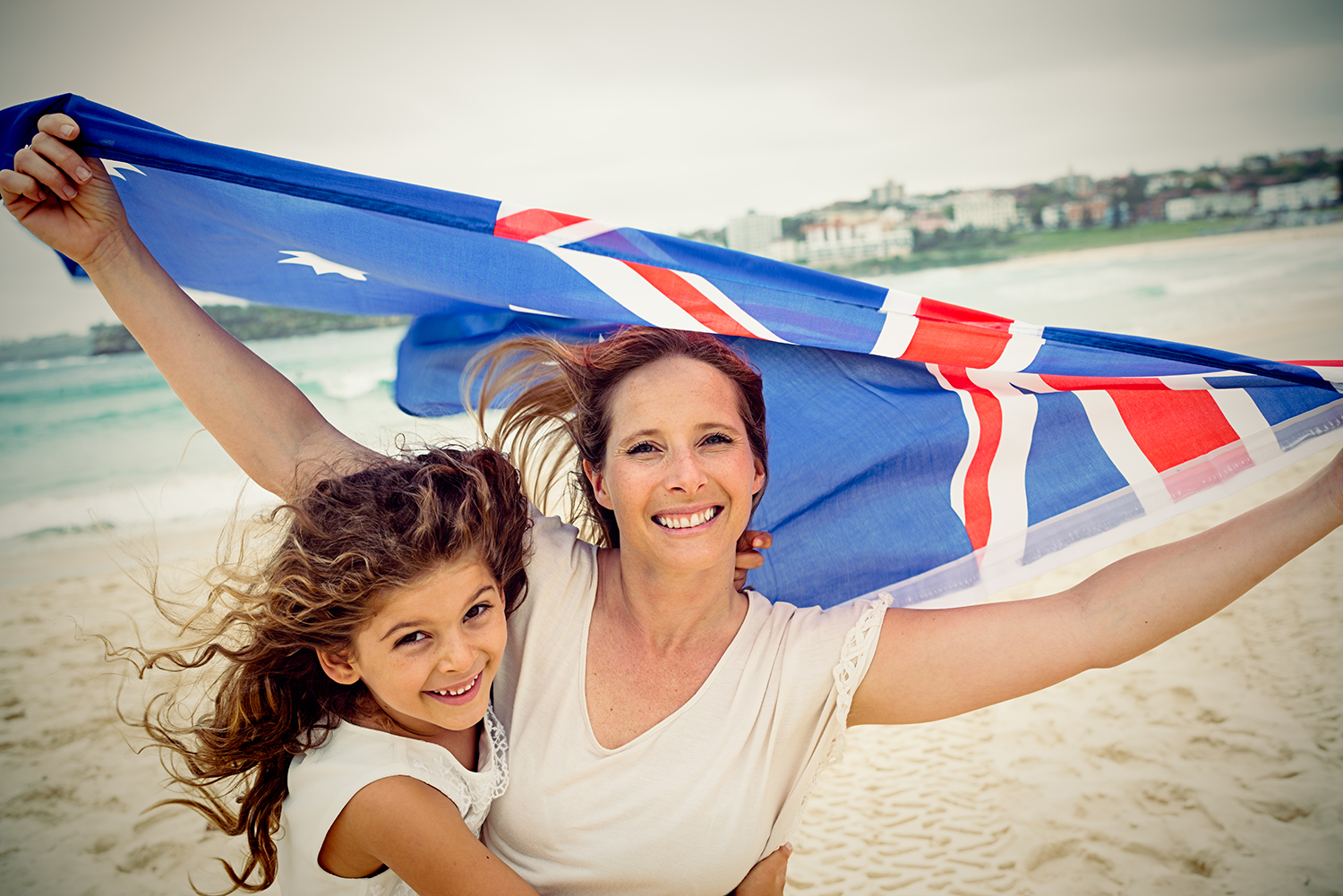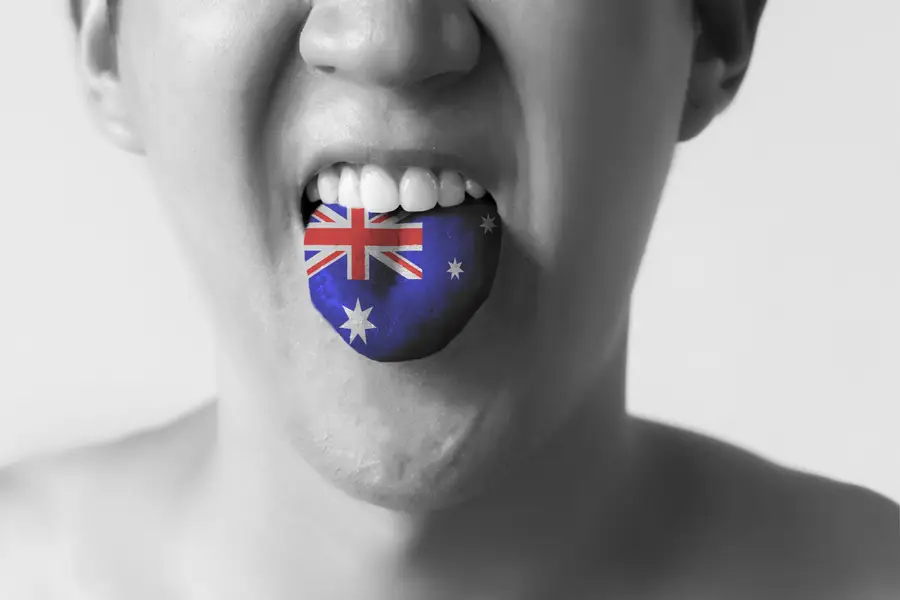Aussie slang is well-known for its unique abbreviations and phrases not found elsewhere. Check out popular Australian slang below.Are you considering a visit or relocation to Australia in the near future? If that’s the case, it would be beneficial to familiarize yourself with Aussie slang. Australian English is enriched with distinctive and vibrant expressions that might puzzle you if you’re not well-acquainted with them.
From “fair dinkum” to “chook,” Australian slang phrases may be perplexing, but they play a crucial role in the country’s culture and identity.
This blog article will delve into some of the most prevalent Aussie slang terms, providing insights into their meanings and how to use them. So, grab a cup of tea, and let’s dive in.
What is your English level?
Find out your A1 A2 B1 B2 C1 C2 level of English with our quick, free online test.
Aussie slang with “-o” & “-a”
Concluding words with vowels such as “a” or “o” is another characteristic element of traditional Australian slang. These shortened terms contribute to a more informal tone in conversations, commonly employed among friends and family.
- Muso – a musician
- Preggo – pregnant
- Rego – registration of a vehicle
- Arvo – an afternoon
- Evo – an evening
- Avo – avocado
- Aggro – aggressive
- Milko – milkman
- Nasho – the National Services (obligatory military services)
- Relo – a relative
- Servo – a gas station
- Vego – a vegetarian
- Smoko – a short break for a smoke
- Defo – definitely
- Seppo – an American
Aussie slang using -ie, -ye, -y
You might have observed that many Australian slang expressions conclude with the endings -ie, -ye, or -y. These suffixes are appended to words to craft endearing or playful nicknames for people, places, or things.
To adopt a more local sound, it’s essential to incorporate these diminutive expressions into your language. Here are some of the frequently used ones:
- Chrissie – Christmas
- Footy – Australian football
- Lippy – lipstick
- Lollies – the same as lollipops
- Barbie – barbecue
- Mushie – mushroom
- Cossie – a swimming suit
- Prezzy – a present
- Brekkie – a breakfast
- Mozzie – a mosquito
- Polly – a police officer
- Pozzy – taking a good position
- Selfie – Self taken, self-portrait
- Sunnies – sunglasses
- Furphy – a strongly believed untrue story or rumor
- Billy – a teapot for boiling water
Are you C1 Advanced English?
Get your C1 Advanced English certificate now!
✓ Add your certificate to your resume
⭐ ⭐ ⭐ ⭐ ⭐
Common Australian slang
In addition to the diminutive abbreviations and words ending in ‘o’, Australia boasts a variety of other slang phrases. While some of these expressions enjoy widespread popularity, others may be more obscure and specific to certain regions.
In contrast to British or American slang, Australian slang is renowned for its emphasis on abbreviations rather than complete phrases, though the latter are also prevalent.
Regardless of the Australian city you find yourself in, whether it’s Melbourne or Victoria, chances are you’ll encounter locals using at least a handful of these terms.
- Fair Dinkum – Something that is good or genuine
- Dog’s breakfast – Complete chaos, mess
- Big Smoke – A large city like Sydney
- Liquid laugh – Puke, vomit
- Piece of piss – A very easy task
- London to a brick – Expressing certainty or high probability
- Good oil – A good idea or information
- No worries – No problem
- Face, off one’s – Drunk
- G’Day – Hi!, Hello!
- Give it a burl – Have a try!
- Grinning like a shot fox – Absolutely satisfied and happy
- Good on ya – Good for you
- Apples, she’ll be – It’ll be alright
- Banana bender – Someone from Queensland

Summary
The captivating world of Australian slang serves as a vital component of the nation’s culture and identity. Ranging from diminutive abbreviations to expressions ending in ‘o’ and various other slang phrases, the Aussie lexicon is distinctive and reflective of Australian culture, albeit potentially perplexing to those unfamiliar with it.
Nevertheless, acquainting yourself with these slang terms not only enhances your understanding of the local language but also facilitates better communication with Australians. Moreover, showcasing your knowledge of Aussie lingo might even earn you some admiration from the locals.
What is your English level?
Find out your A1 A2 B1 B2 C1 C2 level of English with our quick, free online test.





